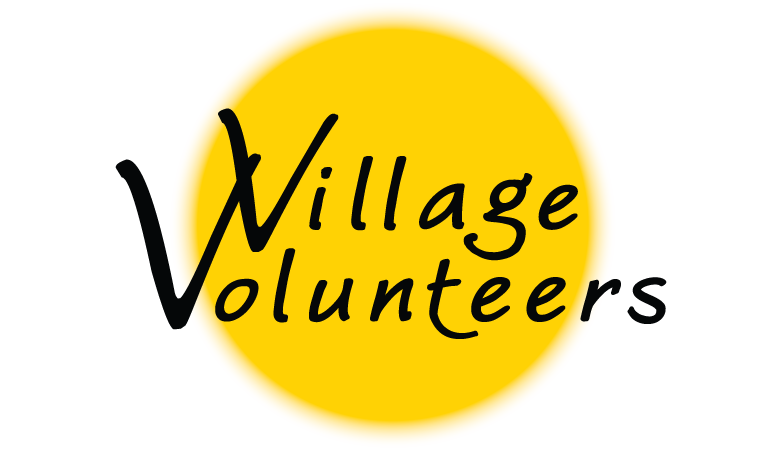Moringa Tree Project
Combating poverty, malnutrition and environmental degradation
Rural villages struggle every day to combat poverty, malnutrition, deforestation, land degradation, and the lack of employment opportunities. The problems around malnutrition are particularly destructive for children. Children who are severely malnourished typically experience slow behavioral and intellectual development, which may lead to intellectual disabilities. Even when treated, under-nutrition may have long-term effects with impairments in mental function and digestive problems persisting in some cases for the rest of their lives. In areas where there are many children who are HIV+ or have sickle cell anemia, the nutritional needs are high considering that the immune system is weakened, they have an increased risk of infections, they experience longer healing time for wounds, and longer recovery from illnesses. If calorie deficiency continues for long enough, there may be heart, liver and respiratory failure.
The Moringa tree derivatives contains:
- All the essential amino acids
- 4 times the Vitamin A of carrots
- 7 times the Vitamin C of oranges
- 4 times the calcium of milk
- 3 times the potassium of bananas
- 3 times the iron of spinach
Moringa trees:
- Are rich in nutrients higher in protein than soybean meal drought resistant once established;
- Can be used for household water clarification;
- Seed pods are sources of edible, high quality oil;
- Leaves Increase lactation in nursing mothers.
Ongoing workshops are conducted in Kenya and Ghana to set up social enterprises for women’s groups to generate income or health enhancing programs that enrich their communities. Planted at children’s homes and schools, the trees provide a sustainable solution for malnutrition. By providing adequate nutrition for children, pregnant women, and lactating mothers, children will realize their full intellectual and physical potential. Women’s groups use the trees to provide for their families and ensure a better future for their children.
“Few food sources in the plant or animal kingdoms come close to the benefits of the moringa oleifera plant. No wonder it is often referred to as the miracle tree, a savior of the African people.”
– Joshua Machinga. Kenyan Project Director, Common Ground for Africa and Pathfinder Academy
For more information on the benefits of the Moringa tree, visit our Sustainable Village Library.
Accomplishments: Since 2011, we have distributed thousands of Moringa seedlings and used local trainers to conduct trainings for over 30 women’s groups in Western Kenya in areas of widespread malnutrition. We provided powdered moringa purchased from women’s groups for preschools and feeding programs in areas of extreme poverty.
Within the mighty Kar Geno Moringa Project, over 12,000 Moringa trees have been planted in a plantation in Western Kenya covering almost 5 hectares and is capable of producing 50kg of Moringa powder per month. The women’s group powdered the leaves supplying Moringa powder to the Kipsongo Project serving the Kipsango Slums and through programs with Joshua Machinga of Common Ground for Africa (37kg). Kar Geno has planted over 600 more trees by expanding their Asembo project to more women groups,
With a large population of children living with Sickle Cell Anemia in Muhturu Bay, we set up the Sickle Cell Anemia Initiative with Mama Maria Clinic and Hospital in 2016. Over 30kg of Moringa powder has been supplied and our trainer, Raphine Onyango Muga, organized and trained parents pf children with Sickle Cell Anemia in growing the “miracle” tree. The successful training was done in 2016 with the first donation of seedlings and planting took place with 43 trees planted in Muhuru and 100 trees this year.
Donating to the Moringa Tree Project is a great way to support local agriculture and nourish children with malnutrition.
Donating $25 can provide tree seedlings to a school for a feeding program.
Donating $50 can provide trees and a bucket irrigation system.
Donating $100 can provide a rainwater catchment tank for the development of a moringa tree nursery.
Donating $500 will fund a training that includes education on the benefits of moringa, tree seeds, and instructions on growing and harvesting moringa
For more information regarding volunteering opportunities supporting local sustainable agriculture and moringa tree nurseries, please visit Kar Geno in Kenya or Environmental Development Youth Movement (EDYM) in Ghana
